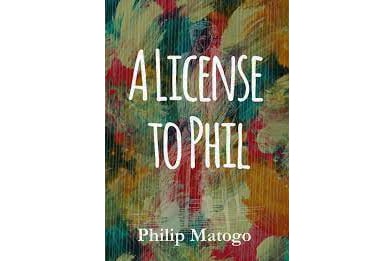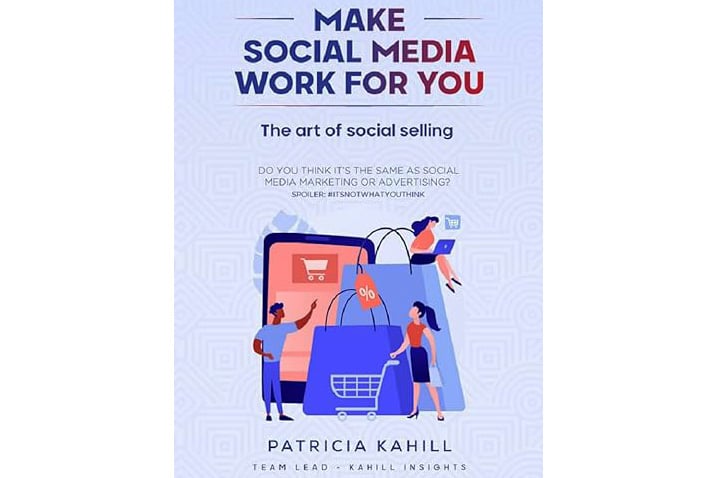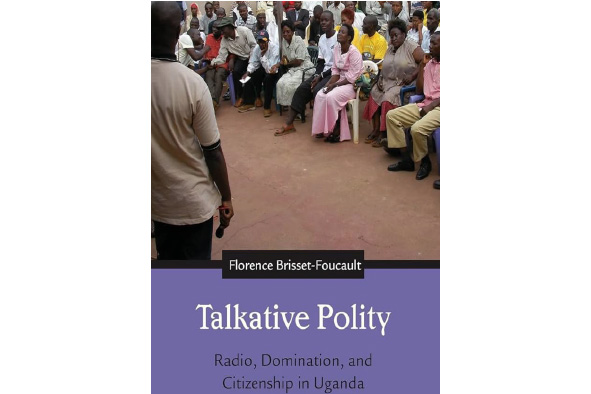Prime
Book Review: New book gives reader to read, laugh

What you need to know:
- Book title: Licence To Phil
- Author: Philip Matogo
- Price: Shs50,000
- Where: Uganda Museum Library
Frederic Ogden Nash passed away in 1971. But before he went to be part of the infinite vastness of the Great Beyond, he was an American poet well known for his light verse, of which he wrote over 500 pieces.
His unconventional rhyming schemes led to The New York Times declaring him as the country’s best-known producer of humorous poetry.
“To keep your marriage brimming, With love in the loving cup, Whenever you’re wrong, admit it; Whenever you’re right, shut up,” was one of his timeless lines.
Although dead, Nash’s spirit lives on in the poetry of Philip Matogo. The latter’s Licence To Phil poetry anthology is home (or tome) to over 300 poems. Edited by the brilliantly prolific Nigerian Scholar and Poet Jesse Unoh, it features poetic collaborations with two Irish poets, Lisa O’ Connor and Ann Carruth Donoghue, and an Indian poet called Lourdes Alexander. The anthology’s title is a play on James Bond’s Licence To Kill, a 1989 action-thriller film, the sixteenth in the James Bond series produced by Eon Productions, and the second and final film to star Timothy Dalton as the MI6 agent James Bond.
Matogo reenacts much of Bond’s bravado and dissolute life in his poetry book as he exercises a Licence To Phil. While also exercising a Poetic Licence, which is the freedom to depart from the conventional rules of poetry in order to create an effect.
In the poem, TEN THOUSAND SHILLINGS’ WORTH, we feel that effect:
“I looked inside my pocket and saw thirty thousand in cash
And thought to myself, that’s enough to have myself a bash.
So I went to the pub, hoping to get five beers heavier. In a way that would make me twenty thousand shillings lighter.
As I got a beer, a chick took a shine to me and asked me what I do.
And I answered that I do well . . . and could do her too. She liked my forwardness and asked me her question anew.
Without glossing over the details, I told her as I sipped my brew;
Then I asked her if she’d like a drink on Yours Truly. She said, “Yes, a glass of wine. By the way, my name’s Julie.”
And I pulled out ten thousand shillings to pay for the wine.
If she asked for a couple more, my pockets wouldn’t be fine…”
It is a humourous poem, but it is the boldness of language and somewhat reckless storytelling that helps the author to cement his name in the canon of light verse. Such humorous verse is not only a celebration of life, it’s also a meditation on the singular voice of humour in English poetry.
Sometimes, the author gets very creative too as seen in REWINDING A BREAK-UP:
“Your slap pulls away from my face and its pain.
Returning to your side, poised to serve unclenched rain. And my un-slapped face returns to face your face. With a pointed expression of anger back in place.
Thereafter, my frown turns right side up completely. Then, with a wry smile, my words are eaten by me. uoy era tusj rehtona erohw
I walk backwards; the door opens outwards,
Closes before me as the sun is unset as I move backwards.
My ass gets into my car first and I drive in reverse motion,
And see a previously unseen hawker un-sell skin lotion. A backwardly mobile bar owner un-opens his bar . . .
Before long, I am back where I started before I got this far. And home as I walk backwards through a door opening behind me. To stairs going up into my Adam Suit and an enclosure showery. With braids of water from the shower nozzle streaking upwards
Like a waterfall eddied and splashing heavenwards.
I’m bone-dry in bed as though I was getting up: the alarm is on
With a Kampala dawn that’s but a half-disc on the horizon.”
If you notice, the poem is written backwards. This is reminiscent of American rapper Nas who also rapped in reverse in the song “Rewind.” “This anthology is inspired by my need to laugh at myself and enjoy my life because of such laughter. You know, the world seems to be going to hell in a handbasket as poverty, strife and hate stretch the very fabric of our global society to breaking point,” Matogo says.
Adding: “More than any other time in the history of humankind, then, we need laughter and the reassurance that, whatever we are going through, we shall be okay. Thus, this book serves as a source of laughter and reassurance.”




